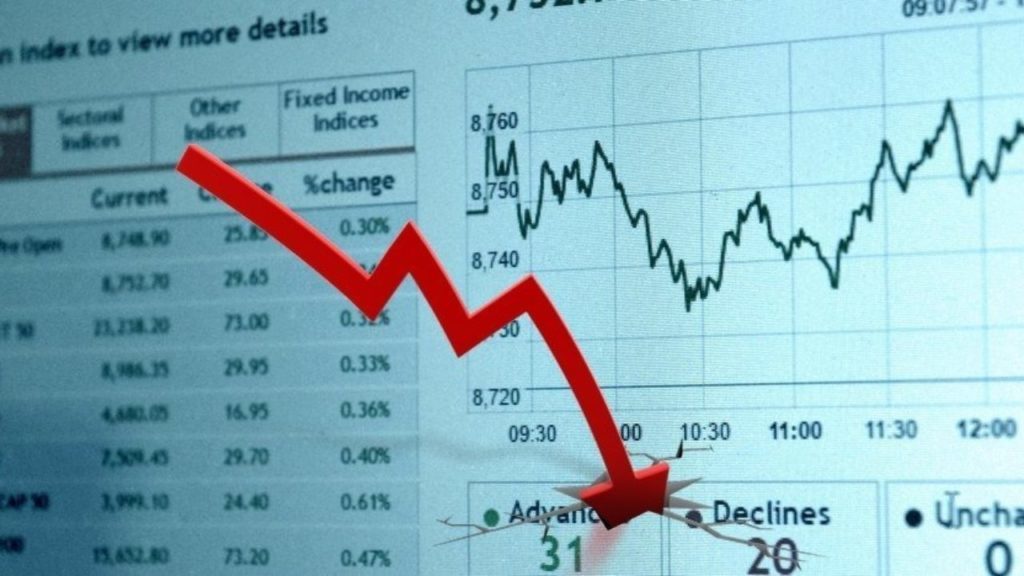India Has Entered Its 1st Ever Recession As GDP Will Shrink By 8.6% (RBI Report)

With the shrinking economy for a second straight quarter, Indian economy is going through an unprecedented recession according to the team of economists.
Huge Shrunk In Economy
The team also included the central bank’s deputy governor in charge of monetary policy, Michael Patra .
The Reserve Bank of India showed gross domestic product contracted 8.6 per cent in the second quarter of this fiscal year.
And published in its first ever published ‘nowcast,’ which is an estimate based on high-frequency data.
During April to June, The economy had shrunk by 24 percent.
They wrote, “India has entered a technical recession in the first half of 2020-21 for the first time in its history,”.
On November 27, the government is expected to publish official statistics.
So far, the Reserve Bank’s number is affected by cost cuts at companies that boosted operating profits despite the dip in sales.
The team have analysed a range of indicators from vehicle sales to flush banking liquidity for signaling the brightening prospects for October.
According to them, if this upturn is sustained, the Indian economy will return to growth in the October-December quarter.
Which is earlier than projected by Governor Shaktikanta Das last month, when he pledged to keep monetary policy accommodative.
Risk Of Second Wave Of Coronavirus Infection
According to the report, “there is a grave risk of generalization of price pressures, unanchoring of inflation expectations feeding into a loss of credibility in policy interventions,”.
In addition to that, they have also warned about the risk to global growth as a second wave of coronavirus infections could hit.
The author wrote, “We live in challenging times. Lurking around the corner is the third major risk — stress intensifying among households and corporations that have been delayed but not mitigated, and could spill over into the financial sector,”.
Increase In Savings For Challenging Times
Consumers are preferring to squirrel away cash and cutting back on spending as millions of people have lost their jobs.
Same is represented in the preliminary estimates presented in the central bank’s bulletin.
As they showed a jump in household financial savings to 21.4 percent of GDP in April-June, up from 7.9 per cent in the same period a year ago and 10% in January-March.
It is noteworthy here that the bulk of these savings are in the form of bank deposits.
The household financial savings can persist for some time till the pandemic recedes and consumption levels get normalized, according to the author of the report.

Comments are closed, but trackbacks and pingbacks are open.